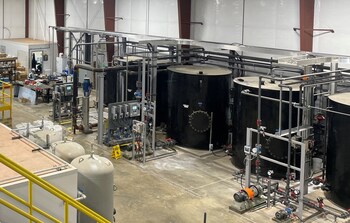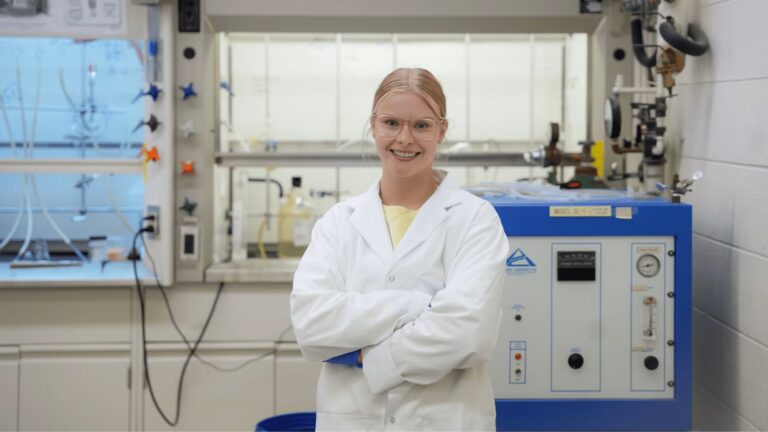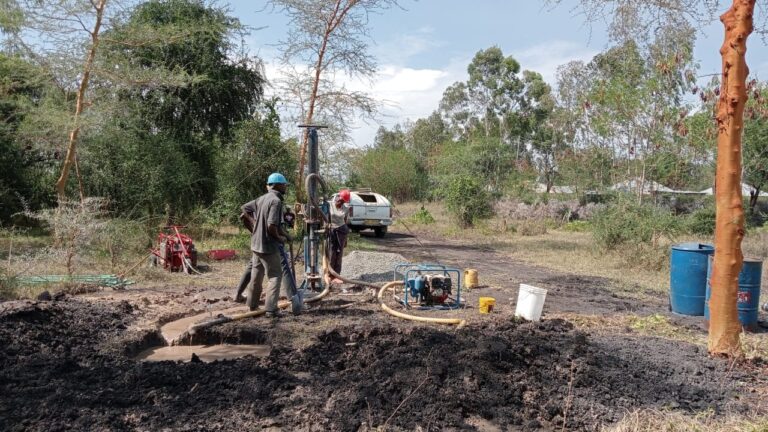Wastewater treatment plants are contributing to antimicrobial resistance worldwide.
This was one of the key takeaways from a presentation by Kim Gilbride, a professor in the Department of Chemistry and Biology at Ryerson University, during the Urban Water Symposium. The event, hosted by Ryerson Urban Water and Wageningen University and Research (WUR), took place on January 20, 2020 at the Centre for Urban Innovation in Toronto, Ontario.
During her presentation, Gilbride spoke about contaminants of emerging concern, with a focus on antibiotics. She indicated that antibiotics play an important part in reducing the economic, medical, and social burdens associated with treating infectious diseases. “First-line antimicrobials contributed to saving at least 17,000 lives and prevented 2.6 million hospital days,” according to information Gilbride obtained from the Council of Canadian Academies.
A downside of this has been is that as more and more people have used antibiotics, some bacteria have evolved to become resistant to antimicrobials. At the same time, there has been an increase in the concentration of antibiotics being found in wastewater. This has created issues because wastewater treatment plants are considered a hotspot for the generation of antimicrobial resistance.
The result? Antimicrobial resistance is increasing worldwide and it can spread quickly with widespread trade and travel, according to Gilbride.
Where does that leave us? “The amounts of contaminants of emerging concern in Canada is unknown, the technology to remove pharmaceuticals is not established, and the amount of contaminants of emerging concern leaving wastewater treatment systems is also unknown,” according to Gildbride. As a result, she indicated that environmental monitoring and advanced technologies are needed.











